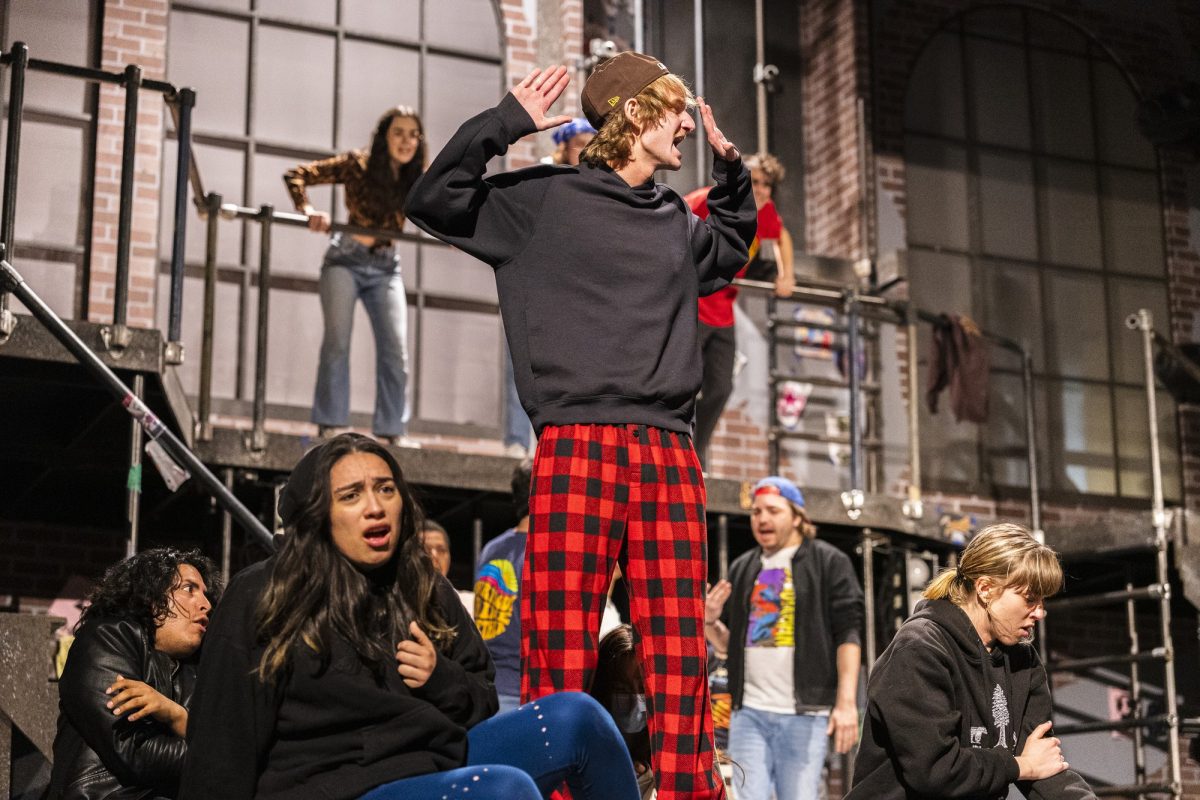Editor’s Note: Students, employees and other El Camino College community members outside the journalism staff are also invited to submit guest columns for consideration as per The Union’s policy. All columns are subject to editing for length, grammar and style. They must be free of libel and in good taste. Publication or rejection of any column is at the sole discretion of the editorial board.
Former Union reporter and current El Camino student Alexis Ponce attended the Sept. 27 film screening of the documentary “Dolores” about the life of Mexican-American activist Dolores Huerta. Ponce wrote to The Union to share why Huerta and other Hispanic leaders still matter today.
Dynamic, brave and intrepid are some qualifiers that define the American labor leader Dolores Huerta; a civil rights activist who turned 93 years old this year.
She was born April 10, 1930 in New Mexico.
During this year’s Hispanic Heritage Month, El Camino College honored Huerta with a film screening presented by the Social Justice Center on Wednesday, Sept. 27.
Spanish professor Argelia Andrade and Chicano history professor Xocoyotzin Herrera provided commentaries.
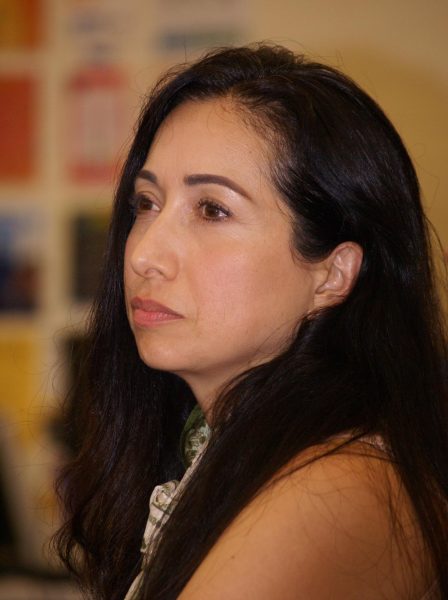
Wiley Wilson, student services specialist at the Social Justice Center, welcomed the students to the center to watch “Dolores,” a documentary on Huerta’s life and work as a labor union activist.
Huerta transcended the idea that man must be superior, and the head of the family or government, Wilson said.
“She demonstrated she was the most vocal activist,” Wilson said. “We [would] not exist if it weren’t for women.”
The film also made it clear Huerta was an equal partner with activist César Chavez who founded the United Farm Workers Association, the first Latino farm workers union.
Fluently bilingual, Dolores is capable of delivering a speech in Spanish and English. She frequently talks about voting, health plans, good working conditions and fair wages.
She had to fight politicians to achieve social change. She spoke against Richard Nixon and Ronald Reagan.

Huerta and Chavez were promoting profound changes in the way American society saw and treated Hispanic immigrants.
Huerta used phrases like “Si se puede” meaning “Yes, we can” to raise awareness.
In 1993, Cesar Chavez died.
Surprisingly, the committee responsible for choosing the new UFW leader didn’t choose Huerta, an action that Andrade said was due to Huerta’s gender.
“It was sexism, it still exists, I have the hope that this new generation is going to change that,” Andrade said.
About Huerta’s legacy, Herrera said she still matters.
“She’s still a very visible activist, she has stood up, in some cases even more than male leaders,” Herrera said.
Dolores is still active today. She promotes feminism and respect for the environment among other causes through her foundation.
“Through this event, we are recognizing the importance of Dolores’ activism in Chicano-Hispanic history,” Herrera said. “Today we need great leaders like her, she is still going strong.”


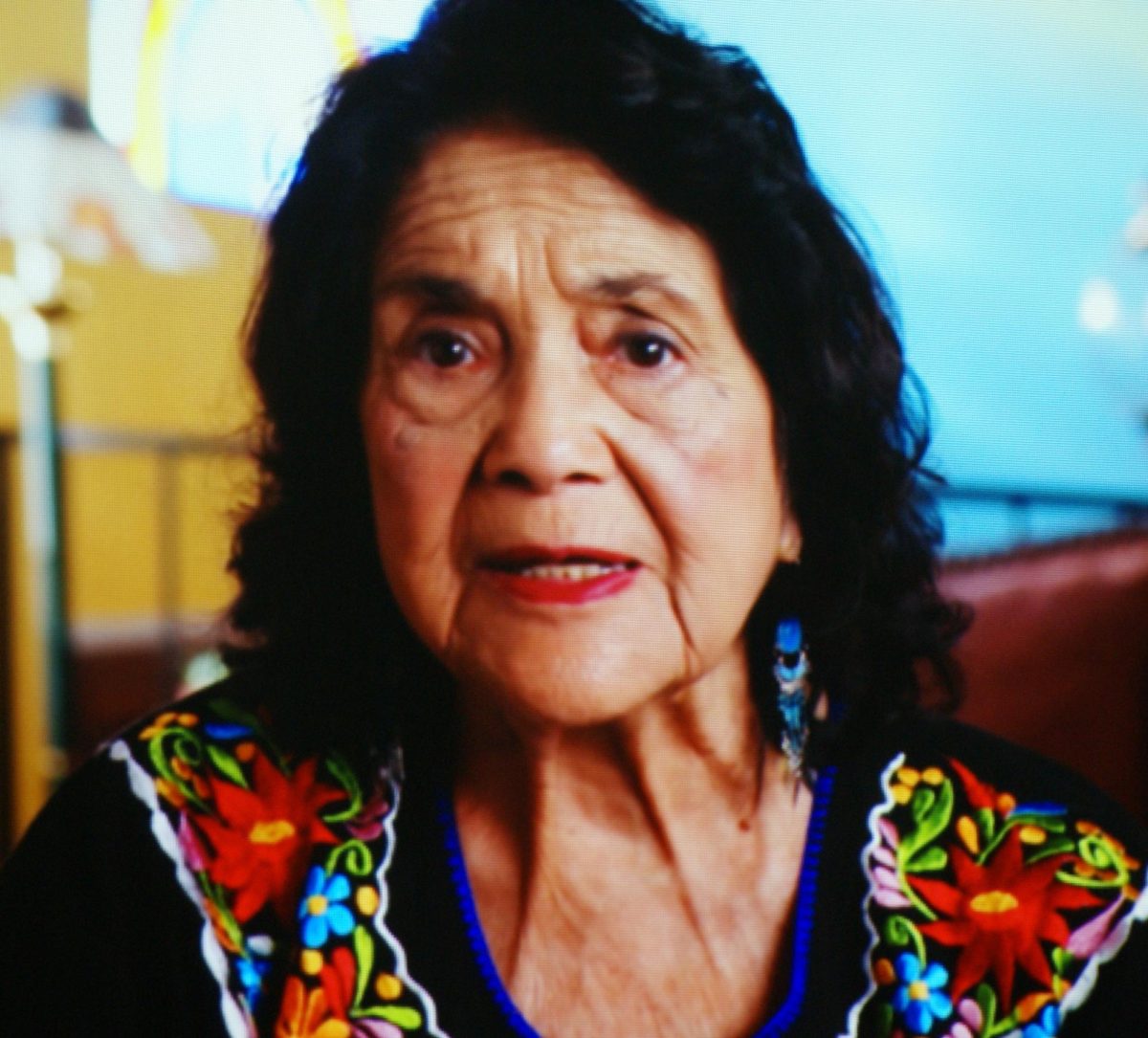
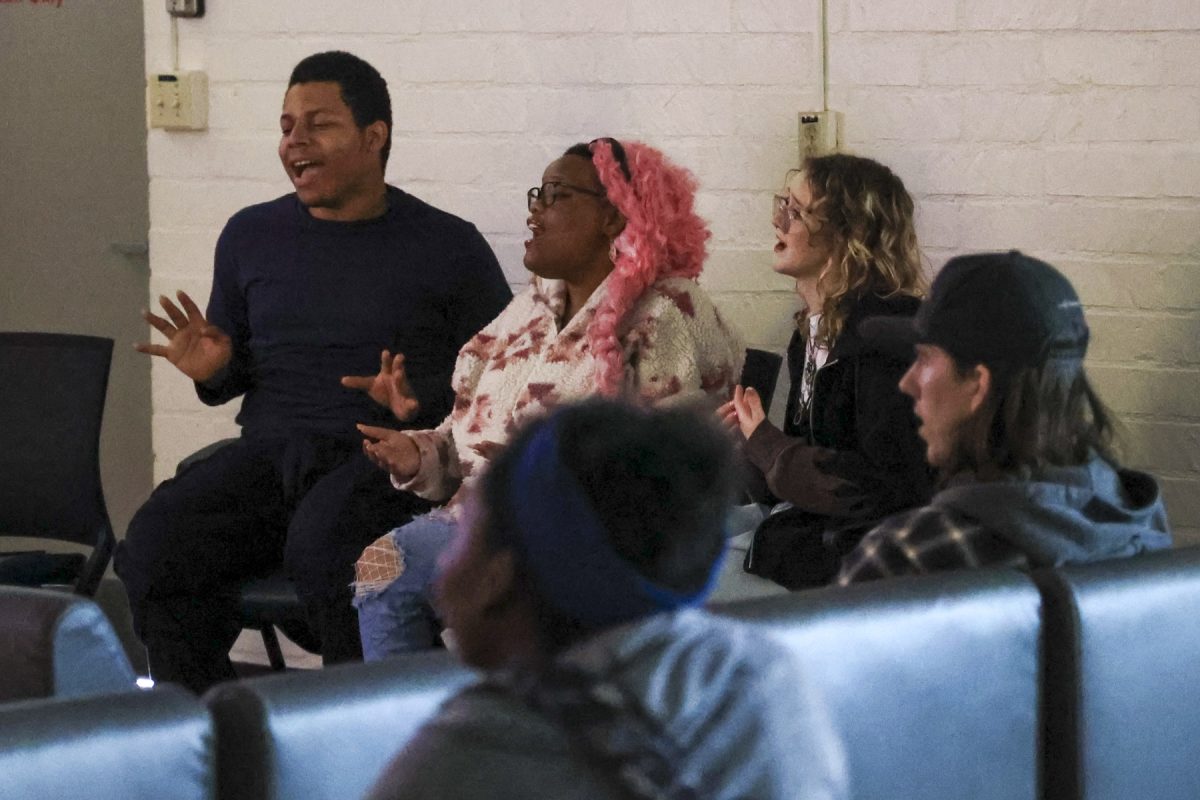
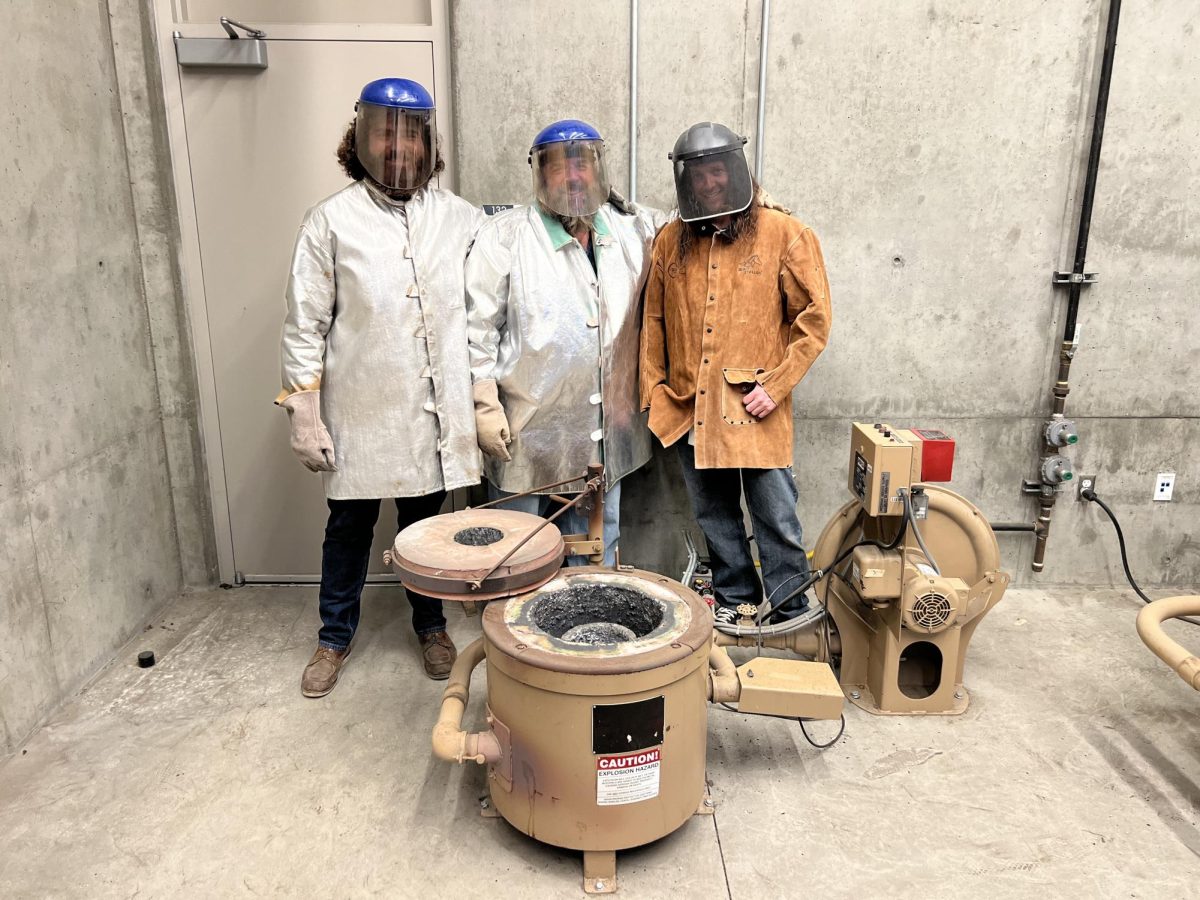

![Physics and astronomy professor Susan Stolovy presents astronomical news and updates to attendees at the first planetarium show of the semester at El Camino College on Friday, March 28. Prior to becoming a professor at ECC, Stolovy completed her doctorate in physics and worked as an astrophysicist for NASA and the California Institute of Technology on spacecraft missions. "[I'm] still very tuned into what's going on in the world of research as well, and I hope to bring a little bit of my experience into the classroom," Stolovy said. (Nikki Yunker | The Union)](https://eccunion.com/wp-content/uploads/2025/03/planetarium-Made-with-Clipchamp-3-frame-at-0m28s-1200x675.jpg)

